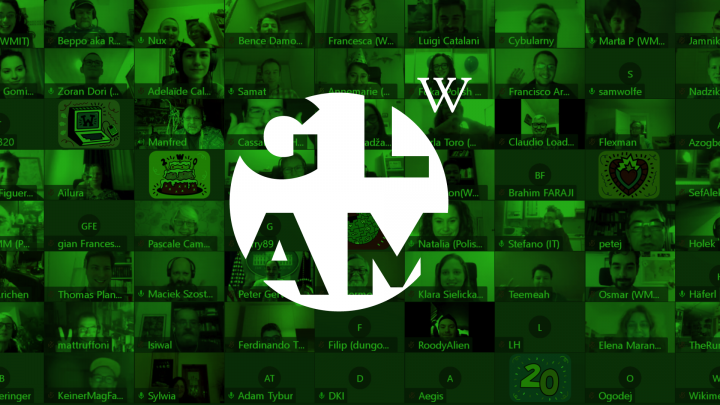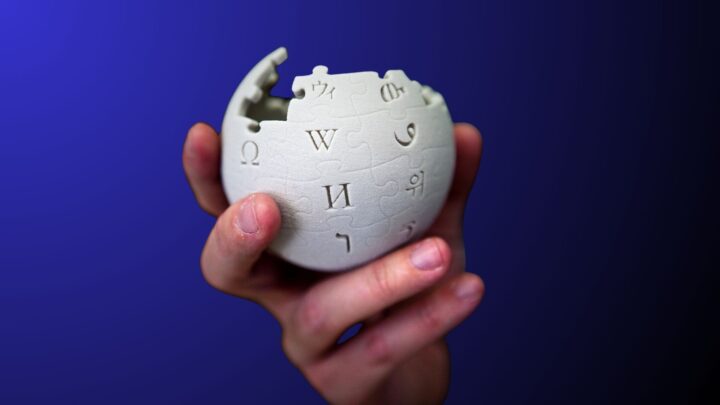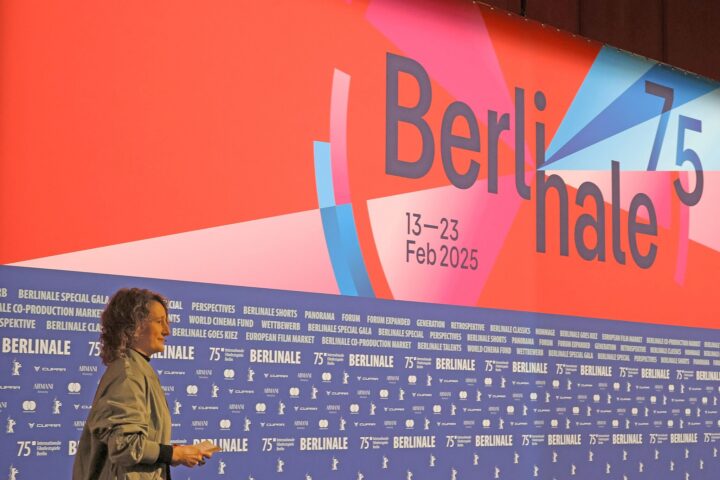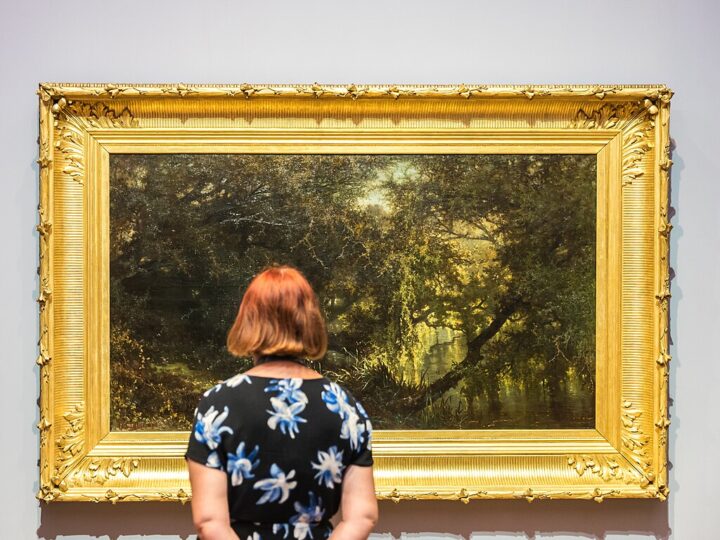Ein besonderer Ort für eine Rede
WMDE allgemein
14. Juli 2012
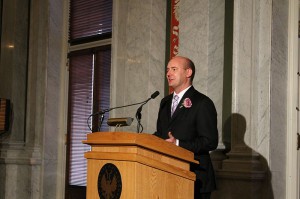
Fotograf: Rock drum
Lizenz: CC-BY-SA 3.0
Nachdem die Eröffnungszeremonie in der Library of Congress bereits kurz beschrieben wurde, möchte ich gern in Ergänzung zu den ersten hier im Blog beschriebenen Eindrücken die Rede von Pavel veröffentlichen.
Die Library of Congress ist ein überwältigender Ort – die Bilder sprechen für sich. Noch überwältigender ist es, in einer der bedeutendsten und größten Bibliotheken der Welt eine Rede vor Hunderten Wikipedianern und geladenen Gästen aus aller Welt zu halten. Der Wermutstropfen: Die Akkustik war so schlecht, dass die Rede nur mit viel Mühe zu verstehen war….und selbst dann, haben sicherlich viele kaum hören können, was Pavel Richter zum Verhältnis zwischen der World Digital Library und Wikipedia zu sagen hatte:
Wow, what a place. I am sure I speak fore very Wikipedian in this room when I say thank you for having us here, at the Library of Congress.
When I was asked to speak about the values the World Digital Library and Wikimedia share, and that I would have just 5 minutes for it, I thought to myself: That is impossible! So let me focus on some key aspects:
The Library of Congress was build as a place to gather, to share and to produce knowledge and make it accessible to everyone. Similar places have been build around the world for thousands of years, to further the progress of knowledge and
creativity. Wikipedia would not be possible without such places.
On the website of the World Digital Library, it says:
The basic idea was to create an Internet-based, easily-accessible collection of the world’s cultural riches that would tell the stories and highlight the achievements of all countries and cultures, thereby promoting cross-cultural awareness and understanding.
You do not have to change a single world to describe Wikipedia!
The World Digital Library and Wikipedia are both places that are not bound by physical boundaries, making it even easier to participate in the production and the exchange of knowledge. Yet, for the same end, we use different means: The World Digital Library pursues its mission by making available cultural treasures, in the form of images, maps, or documents.
Wikipedia is an encyclopedia, and therefor a summary of knowledge, written by the very same people that use it. And since Jimmy Wales started Wikipedia – just 11 years ago – hundreds of millions of people got access to knowledge they never had before.
The mission of the World Digital Library is to promote international and intercultural understanding; it provides information to everyone on the internet; and and so does Wikipedia. But Wikipedia is more than just a website, it is the result of international and intercultural collaboration.
We are doing the same thing, for the same reasons, for the same people in the same medium, so we should be doing it together.
Cooperation with cultural institutions such as Galleries, Libraries, Archives and Museums is an important part of the Wikimedia movement. Worldwide, Wikipedia volunteers engage with local partners to work together to produce open-access, freely-reusable content for the public. Wikipedians in Residence are working side by side with researchers and scientists in cultural and scientific institutions, acting both as advisers within and as spokespersons for “their” museum, their archive or their library.
Wikipedia and its community can bring skills, experience and abilities to such cooperation, which could not be found anyplace else. These examples show how the curating role of institutions changes in the information age. The future lies within the cooperation of established institutions and Wikipedia with its global community. Together they form a model of what has been termed “open authority”.
And in this monument to knowledge which is the Library of Congress, hundreds and hundreds of Wikipedians from around the world came together tonight – and you are a perfect fit for this place. The personal involvement and a deep understanding is what drives us, what we all have in common and what we stand for. For we all share the same idea, the same passion and the same mission: to transform information into knowledge, to make it available to every person on the planet.
Thank you.

